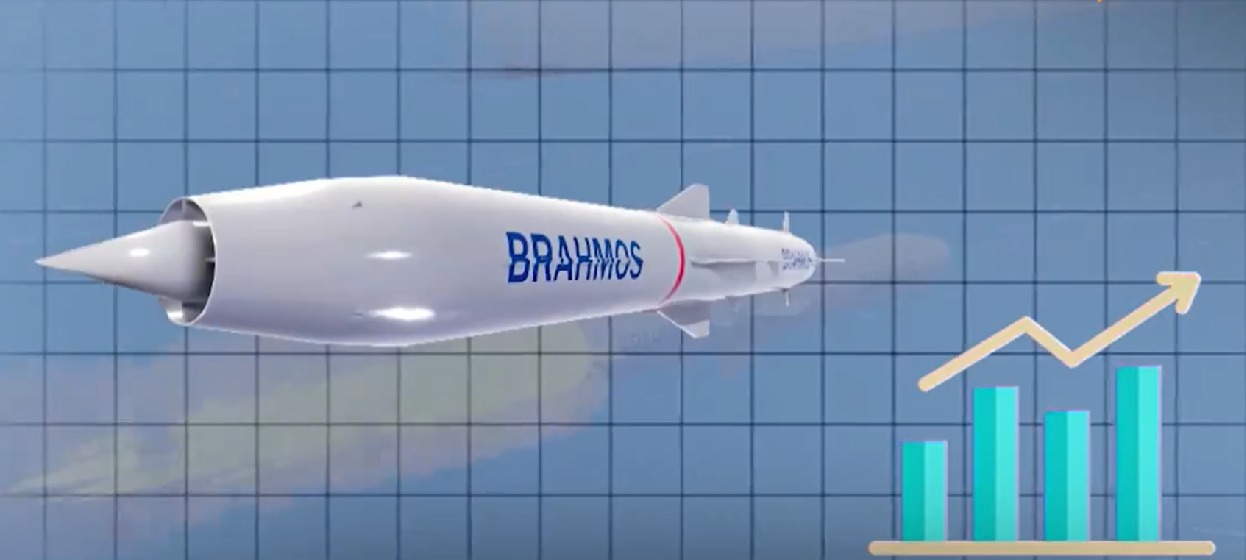The strategic partnership announced between India and the Philippines during the successful visit of President Ferdinand Marcos Jr. to India this month is significant and unique in several ways, with far-reaching implications.
The Philippines is geographically the farthest ASEAN member from India and has traditionally had limited engagement with New Delhi.
Its severe challenge from China over the Scarborough Shoal and nearby islets in the South China Sea (or West Philippine Sea) has reshaped its strategic outlook. Despite winning the 2016 arbitral award that rejected China’s so-called traditional rights over the “nine-dash line,” the then-Philippine administration chose not to press its advantage and instead sought to accommodate Beijing.
This approach brought few tangible benefits.
Upon assuming office, President Marcos reversed this policy of accommodation at all costs, taking a firm stand against Chinese assertiveness, a lonely position within ASEAN.
The Philippines has borne the brunt of aggressive actions by Chinese coast guard vessels, including ramming incidents and injuries to its seamen.
This shift aligns closely with India’s evolving stance: over the last three years, Indian statements have moved beyond general support for freedom of navigation and UNCLOS implementation to openly endorsing the arbitral award.
This convergence forms the foundation of the new strategic partnership, rooted in shared security concerns rather than primarily economic ties. Bilateral trade remains modest, and unlike with other ASEAN members, the partnership with the Philippines is driven by genuine strategic considerations.
Notably, the Philippines has emerged as a major buyer of Indian defence equipment, particularly the BrahMos missile system.
In a determined manner, it overtook earlier interest shown by Vietnam and Indonesia, both existing strategic partners of India, and has begun deploying BrahMos batteries.

Although no new weapons deals were announced during the visit, it is clear that Manila seeks to strengthen its coast guard, coastal defence, and related capabilities, and sees India’s competitive defence pricing as an advantage.
The Philippines has acknowledged the BrahMos system’s operational effectiveness during Op Sindoor. The Philippines has relatively few strategic partnerships: this is only its fifth, after those with Japan, Australia, Vietnam, and South Korea.
Traditionally, its strategic lens has been regional, but it now recognizes the Indo-Pacific framework, in which India plays a central role.
Since China’s assertive posture in the South China Sea became evident two decades ago, ASEAN unity in challenging Beijing has steadily weakened.
In 2012, at the ASEAN Foreign Ministers’ Meeting, all but Cambodia criticized China. By 2017, when the Philippines last hosted the ASEAN Summit, only Manila and Hanoi remained openly critical.
Today, even Vietnam has shifted towards compromise, leaving the Philippines as perhaps the only ASEAN state willing to confront China directly. This isolation has led it to adopt an “ASEAN Plus” approach, engaging robustly with Japan, the U.S., and Australia to strengthen its defence and strategic posture.
The reopening of U.S. bases in the Philippines, including one in the northern islands, underscores its role in any potential Taiwan crisis. Japan is also supplying substantial defence equipment under its new Official Security Assistance policy.
With the Philippines already aligned closely with the Quad countries, a strategic partnership with India is a natural progression.
The Philippines will chair ASEAN in 2026. During its chairmanship, India is expected to hold the second ASEAN–India Maritime Exercise (AIME). The first, in May 2023, included a harbour phase at Changi Naval Base in Singapore and a sea phase in the South China Sea.
These exercises enhance interoperability between Indian and ASEAN navies and demonstrate their ability to operate jointly to promote regional security. It remains to be seen whether the next exercise will be held closer to Philippine waters.
Indian naval and coast guard presence in the Philippines has grown steadily, with visits averaging twice a year. During President Marcos’s visit, Indian ships had just completed a joint exercise with the Philippine Navy, including three warships and a hydrography vessel.
The newly signed strategic partnership document, detailed and resembling a joint statement, marks the 75th anniversary of India–Philippines diplomatic relations and sets out the Plan of Action 2025–2029 to guide cooperation.
On the strategic front, India and the Philippines have had a Defence Cooperation Agreement since 2006, supported by mechanisms such as the Joint Defence Cooperation Committee and the Joint Defence Industry and Logistics Committee.
These bodies are working to deepen defence industrial collaboration, technology research, and training. Efforts are underway to institutionalize military training across the tri-services. The two sides will also hold the India–Philippines Maritime Dialogue annually, following its inaugural session in December 2024.
The partnership includes enhanced maritime domain awareness, shipbuilding cooperation, maritime connectivity, coastal surveillance, humanitarian assistance and disaster relief, co-development and production of defence equipment to achieve self-reliance, and joint investments in defence R&D and supply chains.
The AIME, Philippine maritime cooperation activities, and the MILAN naval exercise are all identified as platforms for collaboration.
Both countries are committed to counter-terrorism through more frequent dialogues, information-sharing, and best-practice exchanges, with zero tolerance for terrorism.
The Philippines values India’s naval capacities, a fact underscored by President Marcos’s public thanks for India’s 2024 rescue of Philippine seafarers after a Houthi rebel attack in the Red Sea. For Manila, which sees itself as the “Sentinel of the Pacific,” and for India, positioned at the heart of the Indian Ocean, this partnership broadens their shared strategic horizons.
Key outcomes of the visit include:
- Terms of Reference for tri-service staff talks between the two armed forces.
- A Mutual Legal Assistance Treaty in criminal matters.
- A Statement of Intent for cooperation between the Indian and Philippine space agencies.
- Terms of Reference for enhanced coast guard cooperation.
- An invitation for the Philippines to participate in the Information Fusion Centre for the Indian Ocean Region in Gurugram.
Philippine interest in collaborating under one of the pillars of India’s Indo-Pacific Oceans Initiative (IPOI), complementing the ASEAN Outlook on the Indo-Pacific (AOIP) provides further opportunities ahead.
With converging strategic perceptions, a record of successful defence cooperation, and a shared commitment to a free and open Indo-Pacific, the India–Philippines partnership has entered a new and more ambitious phase.
- Gurjit Singh is a former Ambassador to Germany, Indonesia, Ethiopia, ASEAN, and the African Union Chair, CII Task Force on Trilateral Cooperation in Africa, Professor, IIT Indore.
- Follow the author on Twitter (Now X)



